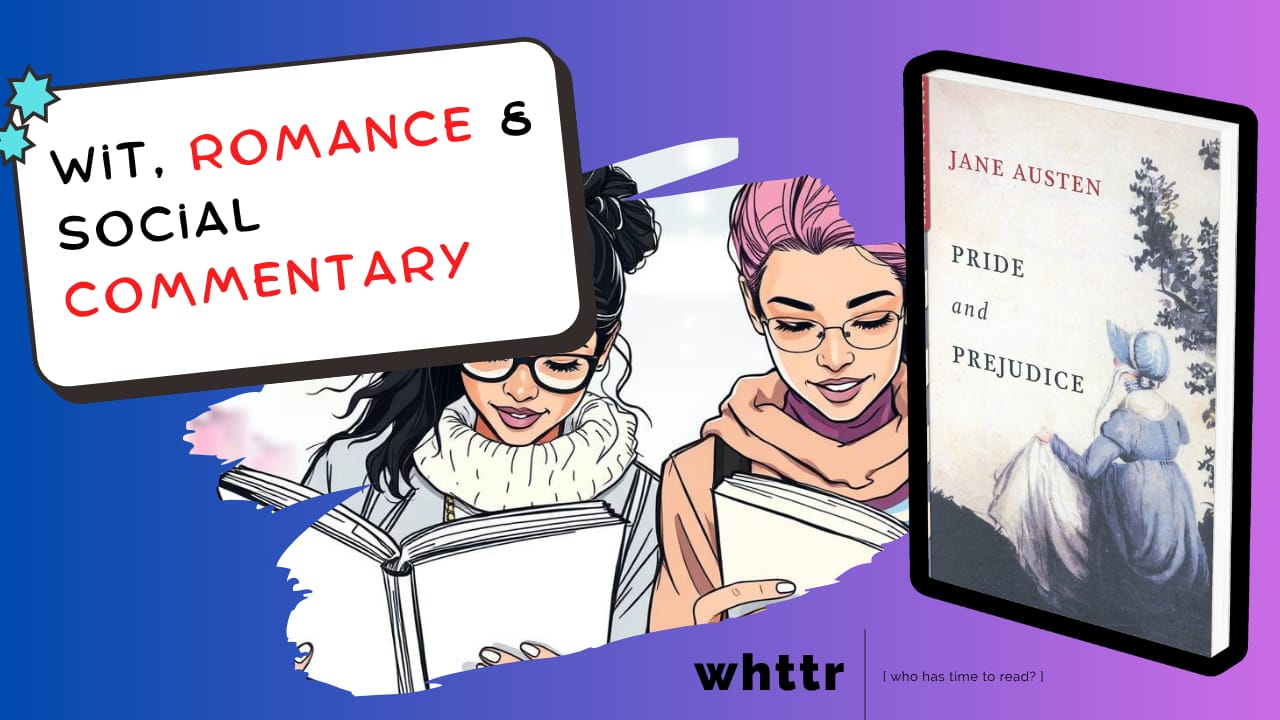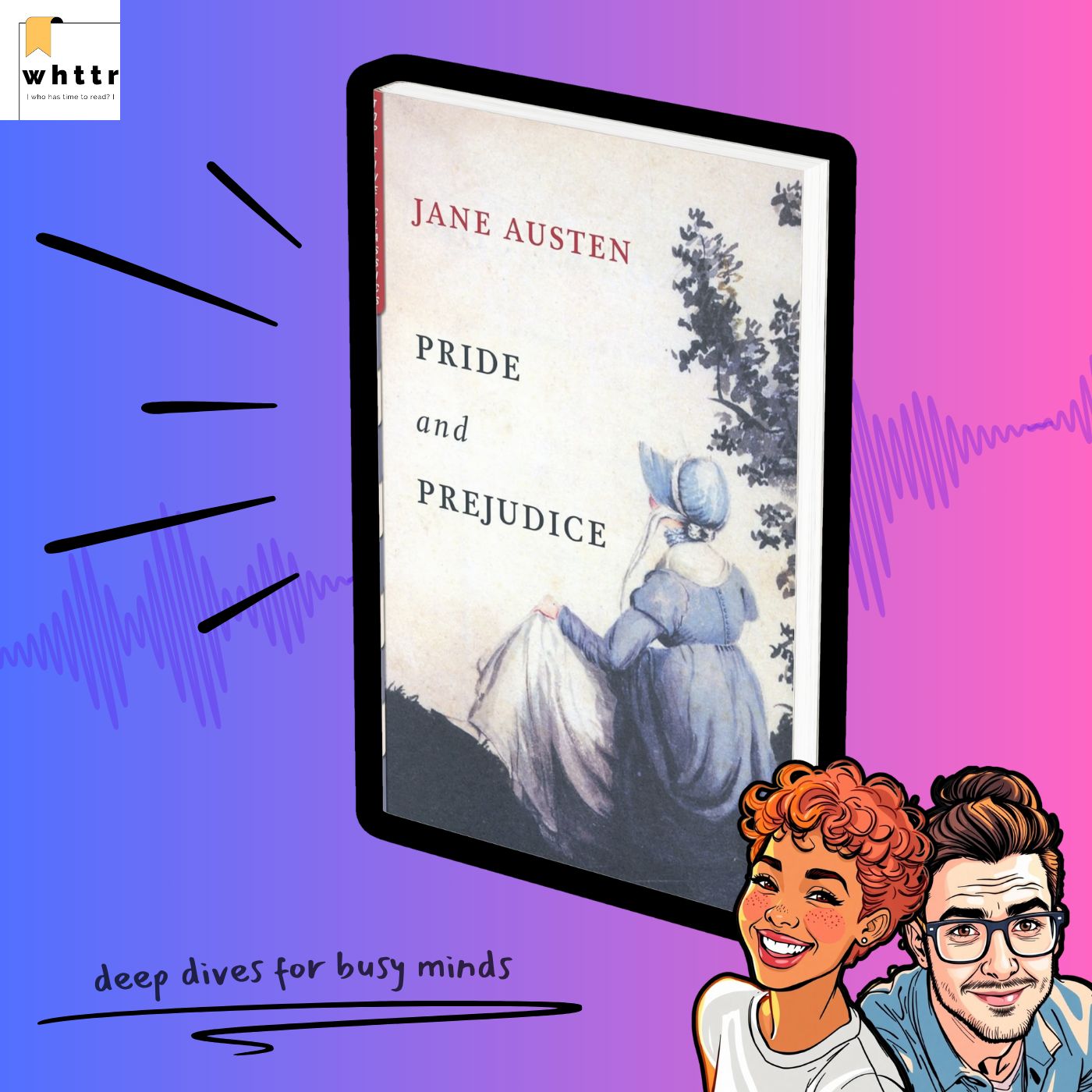- whttr
- Posts
- 💬 Prejudice, Pride & Perfect Timing: Austen Still Gets Us
💬 Prejudice, Pride & Perfect Timing: Austen Still Gets Us
What Pride and Prejudice Teaches Us About Timing, Growth, and Second Chances
Hello, Whttries —
There’s something deeply comforting about returning to a book that sees us. Not in a loud, flashy way—but in the quiet recognition of how messy, hopeful, and utterly human we are. That’s the gift of Pride and Prejudice. This week, as the world slowly recalibrates—between news cycles, social resets, and personal pivots—we’re cracking open Jane Austen’s masterpiece to remind ourselves: misunderstanding isn’t the end of a story. It’s often the very beginning.
Elizabeth Bennet doesn’t need our defense. She’s clever, sharp, a little stubborn, and entirely unforgettable. But what Austen gently shows us, through Elizabeth and Darcy, is that we’re all capable of transformation—when we stop performing and start listening.
What’s the Buzz?
First published in 1813, Pride and Prejudice remains one of the most widely read novels in the world—not because of corsets and countryside estates, but because Austen knew how people think, speak, and stumble toward truth.
Its themes of assumption, pride, misjudgment, and emotional evolution resonate more than ever in an era shaped by social media reflexes and fast takes.
In quieter corners of the world, Austen’s legacy continues to blossom: libraries hosting regency-themed summer reading salons, countryside festivals reviving handwritten letters, and a quiet movement back toward slower, deeper stories.
Why You Should Listen
Because first impressions still trip us up: Austen shows how perception and reality often live on different timelines—and how it takes maturity, not just love, to bridge them.
Because connection takes courage: Whether you're navigating family tension, online misreadings, or workplace dynamics, Elizabeth and Darcy’s slow-burn shift from judgment to vulnerability is oddly… relatable.
Because grace is radical: In a culture that rewards speed, Austen invites us to pause, reconsider, and extend the benefit of the doubt. Growth—real growth—is often quiet and unannounced.
About the Author
Jane Austen lived modestly, wrote brilliantly, and died before her work gained the full acclaim it deserved. Yet her novels—layered with wit, precision, and empathy—still illuminate the best and worst of us.
✨ Fun Fact ✨
Austen once described Elizabeth Bennet as “as delightful a creature as ever appeared in print.” Imagine writing that about your own character—and being absolutely right.
🎙️Listen to whttr on
“There is a stubbornness about me that never can bear to be frightened at the will of others. My courage always rises at every attempt to intimidate me.”
Elizabeth Bennet: proof that grace doesn’t mean shrinking.
Stay Connected
It’s easy to believe we’re defined by our first instincts or past missteps—but Austen knew better. Through Elizabeth and Darcy, she offers us all a second chance: to listen better, speak softer, and meet others (and ourselves) with clearer eyes.
Thanks for reading with us, Whttries.
Who has time to read? We do—especially when the book reminds us that humility, humor, and a little self-reflection are always in style.
The WHTTR Team

WHTTR Podcast



Reply